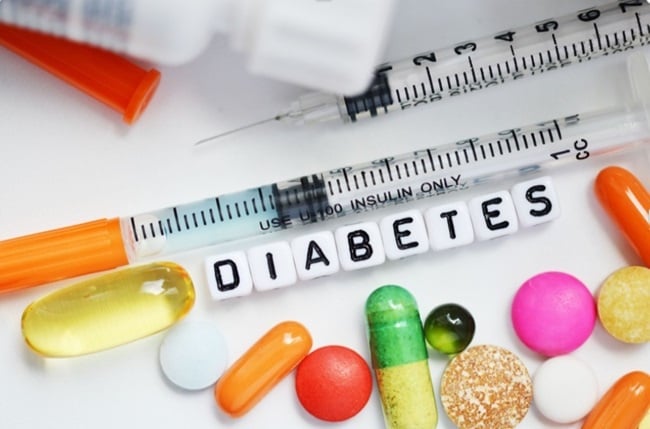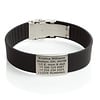Living with Diabetes Type 1
- Posted on
- 0

Type 1 diabetes is a chronic condition where the body is no longer able to produce insulin. Insulin is a hormone necessary to move glucose from the blood into the body's cells, where it is used as an energy source. People with type 1 diabetes must administer insulin injections or use an insulin pump daily to regulate their blood sugar levels.
Adjusting to a life with Diabetes 1
Living with type 1 diabetes requires constant self-care and monitoring. It affects not only the individual with the condition but also their surroundings. Loved ones, friends, colleagues, and educators play a crucial role in supporting individuals with type 1 diabetes.
It's important for bystanders to understand that the blood sugar levels of someone with type 1 diabetes can fluctuate. Low blood sugar levels (hypoglycemia) can lead to dizziness, weakness, confusion, and in severe cases, unconsciousness. On the other hand, high blood sugar levels (hyperglycemia) can cause symptoms such as excessive thirst, frequent urination, fatigue, and blurred vision. In extreme cases, untreated hyperglycemia can lead to life-threatening complications such as diabetic ketoacidosis.
Bystanders can help by being aware of these symptoms and knowing how to respond in emergency situations. It's also vital to understand that people with type 1 diabetes should always carry a fast-acting source of sugar to quickly treat low blood sugar levels. This may include glucose gel, glucose tablets, or fruit juice.
A medical ID bracelet is a useful tool for people with type 1 diabetes. These bracelets contain important information, such as the wearer's diabetes status and the potential need for insulin in case of an emergency. In cases of unconsciousness or inability to seek help, a medical ID bracelet can quickly inform emergency responders of the wearer's medical condition.
Regarding medication, people with type 1 diabetes require daily insulin to regulate their blood sugar levels. The dosage and type of insulin may vary and are typically determined by an endocrinologist or diabetes nurse. In addition to insulin, individuals with type 1 diabetes may be prescribed other medications to prevent complications, such as medication to lower blood pressure or cholesterol.
In summary, living with type 1 diabetes requires constant care and support, both from the individual themselves and their surroundings. By increasing awareness, showing understanding, and taking the appropriate steps in emergencies, bystanders can play a valuable role in the lives of people with type 1 diabetes.
See our medical bracelets HERE
















 Medical ID bracelets
Medical ID bracelets
 ID Jewelry Icetags
ID Jewelry Icetags
 Medical information card & key chains
Medical information card & key chains
 Instructions bracelet
Instructions bracelet
 Blogs
Blogs
Comments
Be the first to comment...